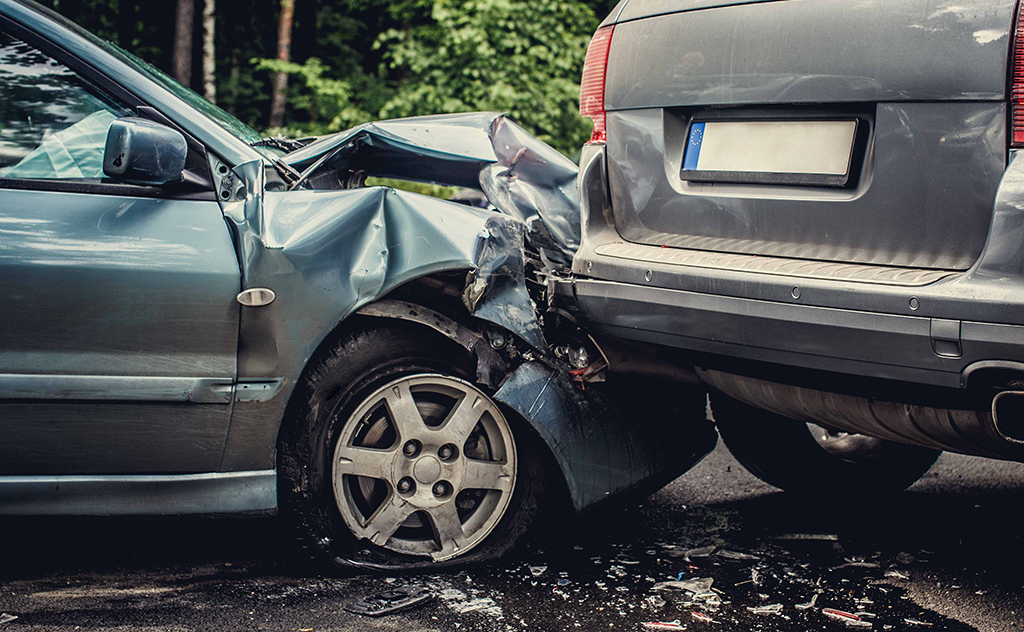California has passed a significant revamping of its suspended license laws. Assembly Bill 2746, the new law, marks an important change in the state’s approach to driver’s licenses. Due to license suspensions for nonattendance in court, thousands of its residents have suffered financial loss for many years. The new law promotes public safety and safeguards livelihoods as it puts an end to automatic suspensions of driver’s licenses for failures to appear in court.
For millions of Californians, driving is crucial, whether for work, family care, or school. People may have difficulties due to a lost license, including worry, debt, and unemployment. This law is a lifeline for those struggling with outdated policies that penalize drivers unnecessarily. It signals a shift towards fairness, prioritizing solutions over punishments.
Let’s explore the details and implications of this transformative law.
What is the New Law on Suspended Licenses?
California’s new law, AB 2746, addresses license suspensions stemming from missed court dates. Before the change, failing to appear in court could automatically trigger a suspension. This harsh measure caused severe issues for drivers, particularly those unable to attend due to financial or personal challenges.
According to this law, courts may not notify the DMV about failures to appear under it. The reform does focus on non-safety-related violations, so there are no life-altering penalties for minor infractions.
This change applies to cases unrelated to reckless or dangerous driving. Violations involving public safety continue to carry significant penalties, ensuring the roads remain secure.
Why Did California Make This Change?
The state recognized the unfairness of suspending licenses for missed court dates. Many drivers could not afford fines or lacked the resources to attend court. This system often trapped low-income individuals in a cycle of financial instability.
Suspended licenses also created ripple effects. Without a license, people faced difficulties commuting to work, taking children to school, or accessing medical care. These challenges led to job losses and increased dependency on public support systems.
California’s leaders wanted to break this cycle. The new law is a step towards a more equitable approach. It emphasizes fairness while holding drivers accountable for serious offenses.
Read also: Bajan Billionaire Assault: The Scandal Shaking Barbados
Key Features of the New Law
The new law introduces significant reforms:
- End of Suspensions for Non-Appearances
Drivers who miss court for minor infractions will no longer face license suspensions. This ensures that minor mistakes don’t lead to severe consequences. - DMV Transition Period
The DMV has until January 1, 2027, to fully adapt to this change. This allows the department time to update its systems and processes. - Focus on Public Safety
Serious violations, like reckless driving or DUIs, still carry penalties. This ensures dangerous drivers remain off the roads.
Who Benefits the Most?
This law directly benefits working-class families and low-income individuals. People who depend on their vehicles for work or caregiving see immediate relief. Losing a license often means losing a job, which can devastate families.
Families with a single breadwinner benefit significantly. The law helps parents who need reliable transportation for school drop-offs, groceries, or medical appointments.
Small business owners who rely on employees with licenses also see advantages. Workers can keep their jobs and avoid unnecessary absences.
Impact on California Drivers
The law delivers several benefits for drivers:
- Fewer Financial Burdens
Reinstating a suspended license costs hundreds of dollars. Avoiding these fees relieves financial stress for many households. - Improved Road Safety
Allowing more drivers to stay licensed ensures they carry insurance. This reduces the number of uninsured drivers involved in accidents. - Enhanced Economic Stability
Workers can keep their jobs, improving overall productivity and reducing dependency on public assistance.
This reform brings balance to the system. It supports fairness without compromising public safety.
Are All Suspensions Eliminated?
No, the new law only applies to suspensions for failures to appear in court. The following violations still result in license suspensions:
- Driving Under the Influence (DUI)
DUI convictions lead to immediate license suspensions. The law aims to deter dangerous behavior and protect lives. - Reckless Driving
Drivers found guilty of endangering others on the road face suspensions. Reckless driving includes speeding or aggressive behavior. - Unpaid Child Support
Failing to meet child support obligations may result in a suspension. The state prioritizes the welfare of children in these cases.
Penalties for Driving on a Suspended License
Driving on a suspended license remains illegal. The penalties are strict and vary based on the offense:
- First Offense
A first offense can lead to fines between $300 and $1,000. Drivers may also face up to six months in jail. - Subsequent Offenses
Repeat offenders face harsher penalties. Jail time increases, and fines become more severe.
Driving on a suspended license also risks further legal complications, including additional suspension periods.
How Does the Law Impact Employers?
Employers benefit from this law in multiple ways. Companies that rely on delivery drivers or mobile workers see fewer disruptions. Employees retain their licenses, ensuring businesses continue running smoothly.
The law also improves hiring opportunities. People previously excluded due to suspended licenses can now seek jobs confidently.
Critics of the New Law
Not everyone supports the change. Critics argue it might reduce accountability for court appearances. Some believe it could lead to an increase in unresolved cases.
However, proponents highlight that dangerous driving violations remain punishable. The law balances fairness with public safety.
What Should You Do if Your License is Suspended?
If your license is suspended, take these steps immediately:
- Understand the Cause
Determine why your license was suspended. Contact the DMV or review court notices for details. - Resolve Pending Issues
Pay fines or address court dates to clear the suspension. - Complete Requirements
Fulfill courses or legal obligations, like DUI education programs, if applicable. - Reapply for Your License
Once eligible, follow the DMV’s process to reinstate your license.
How to Avoid Suspension Risks?
Protect your license with these simple practices:
- Respond to court notices on time.
- Address fines and penalties promptly.
- Drive responsibly to avoid citations for reckless behavior.
Taking proactive steps ensures you stay on the right side of the law.
The Future of License Management in California
This law reflects a broader trend towards fairness and equality. California is leading the way in rethinking outdated policies. The focus is shifting from punishment to problem-solving.
The DMV and courts are working to make the transition smooth. Additional reforms may follow, further improving the experience for drivers.
Conclusion: A Step Forward for California Drivers
The new law on suspended licenses is a game-changer for California. It eliminates unnecessary suspensions that disrupt lives and create financial hardships. By focusing on fairness, the state ensures drivers can resolve issues without losing essential privileges.
Drivers gain relief, families regain stability, and employers benefit from fewer disruptions. This law is more than a legal reform—it’s a step toward a more compassionate system.
Understanding these changes is critical for every Californian. Stay informed, drive responsibly, and embrace this new era of fairness on the roads.


